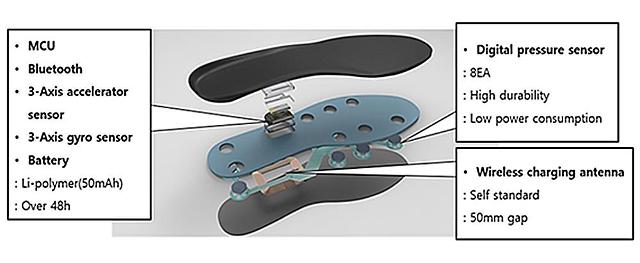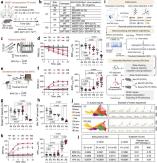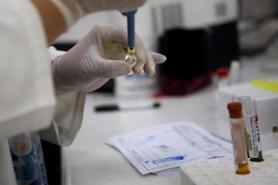
[Courtesy of the Catholic University Uijeongbu St. Mary's Hospital]
Degenerative brain diseases are usually suffered by old people in their 70s and 80s. Parkinson's disease is a progressive nervous system disorder that affects movement. The disease develops when the dopamine-secreting nerve cells die out. Parkinson's patients can also suffer from depression and anxiety.
According to Ajou University Hospital, the number of Parkinson's disease patients in South Korea is estimated to be about 100,000. Currently, doctors suggest elderly patients frequently visit hospitals to detect brain diseases. However, tests such as magnetic resonance imaging (MRI) and positron emission tomography (PET) are very expensive.
The Catholic University Uijeongbu St. Mary's Hospital said in a statement that its research team developed an AI solution to identify degenerative diseases by collecting information from smart insoles. In the case of Parkinson's disease, the new solution is capable of detecting symptoms of the disorder with an accuracy of 98.1 percent.
"We predict that when the monitoring system is installed, doctors will be able to collect patients' health data in real-time," Catholic University spokesperson Park Won-wook told Aju Business Daily on March 11.
"An abnormal gait is related to many different degenerative brain diseases such as Parkinson's disease and dementia," researcher Byun Sun-jung was quoted as saying. Byun said the new simple analysis method using smart insoles will be efficiently used amid the COVID-19 pandemic where demands for non-face-to-face monitoring are increasing. A patent was filed to secure exclusive rights on the solution.
Copyright ⓒ Aju Press All rights reserved.




